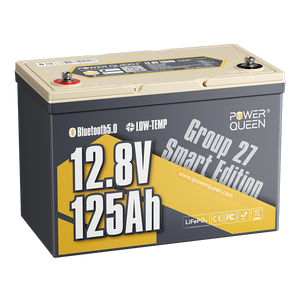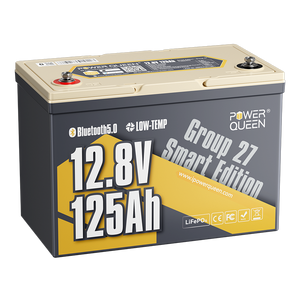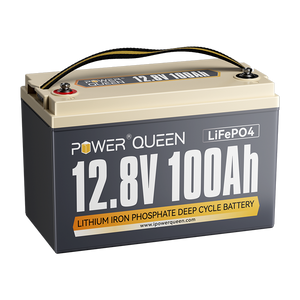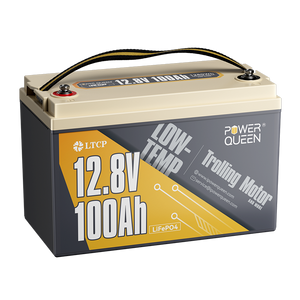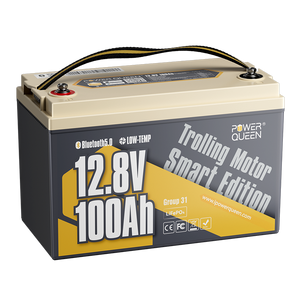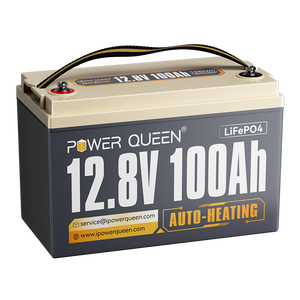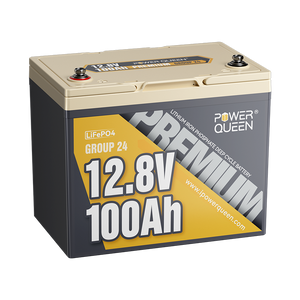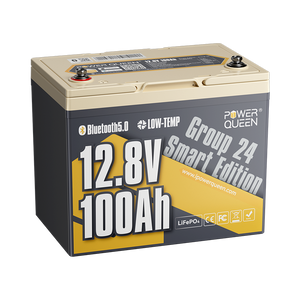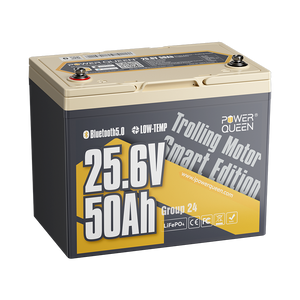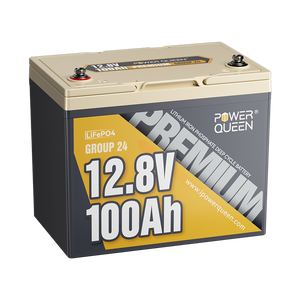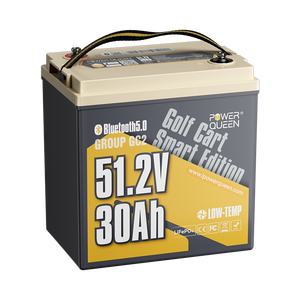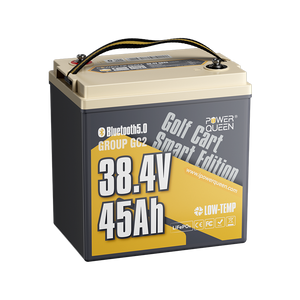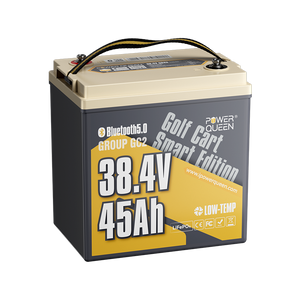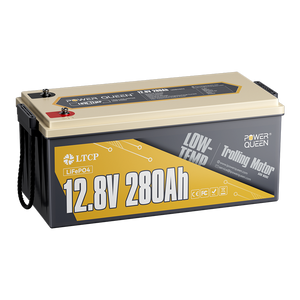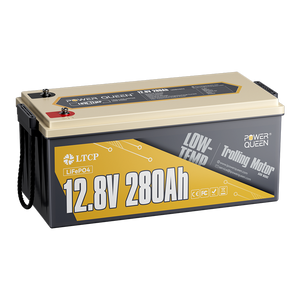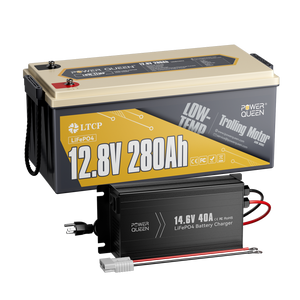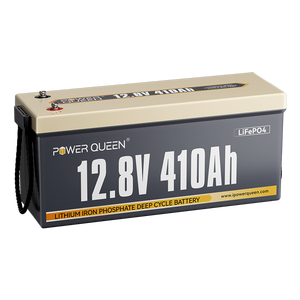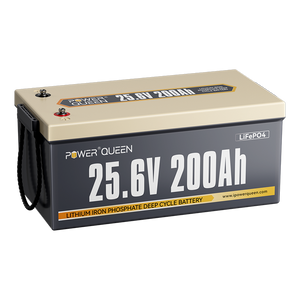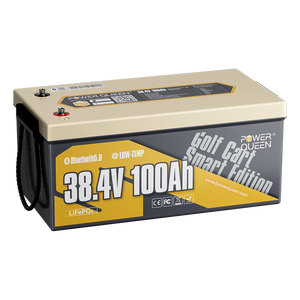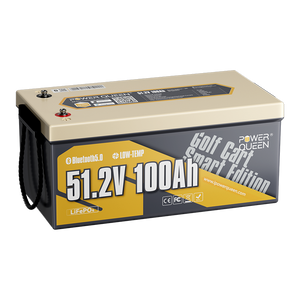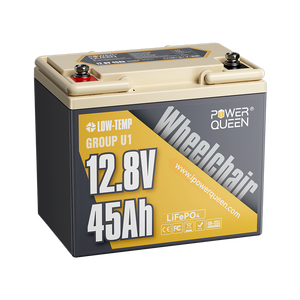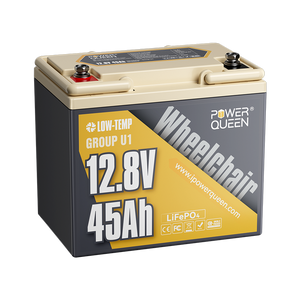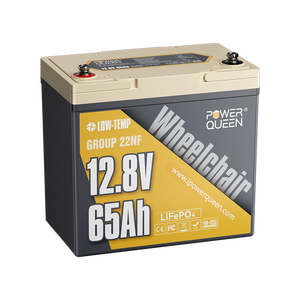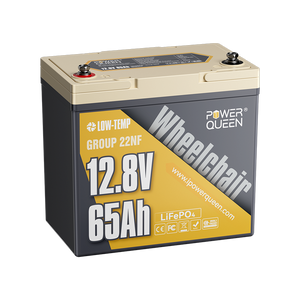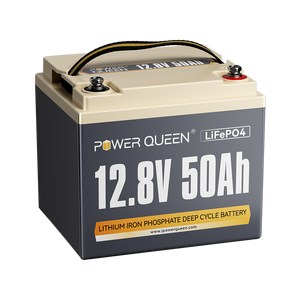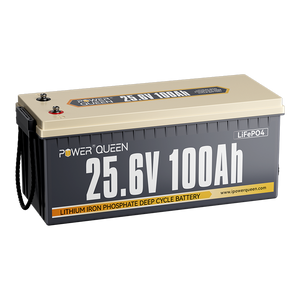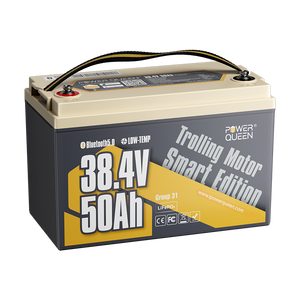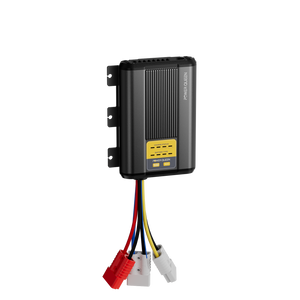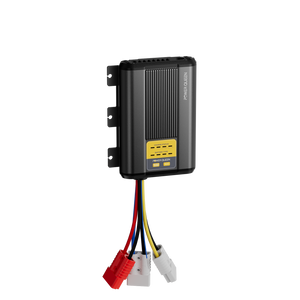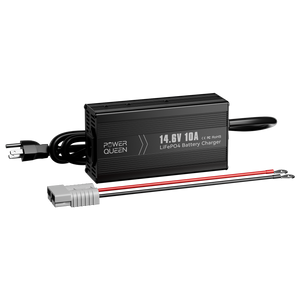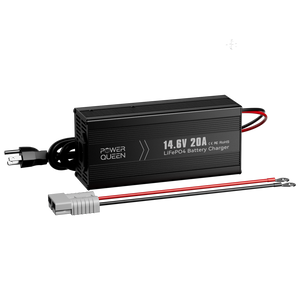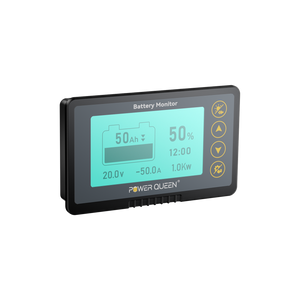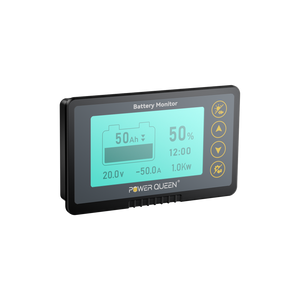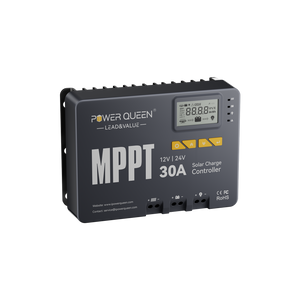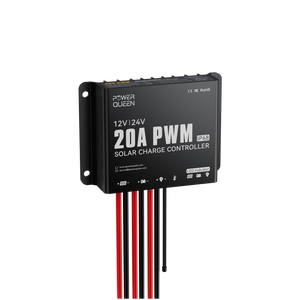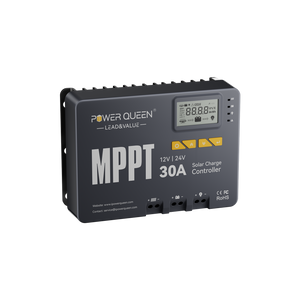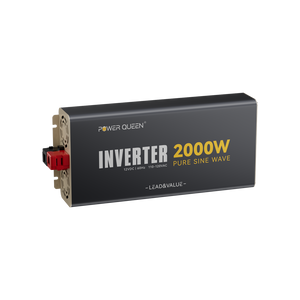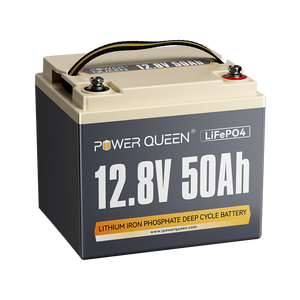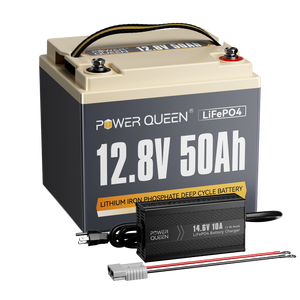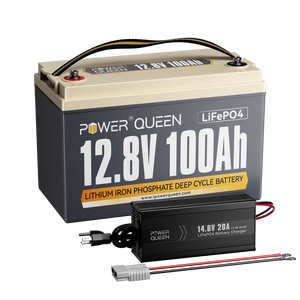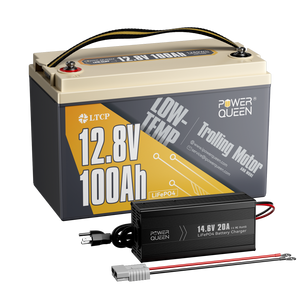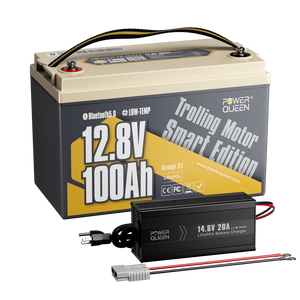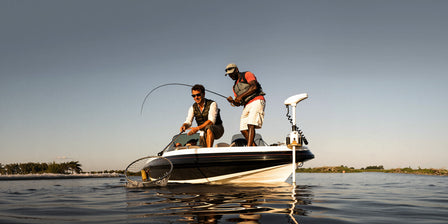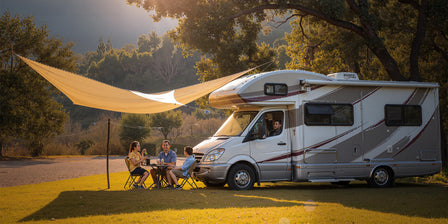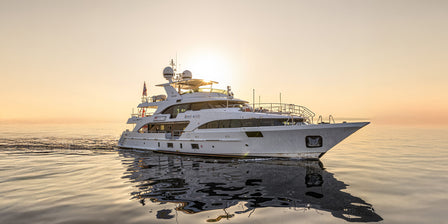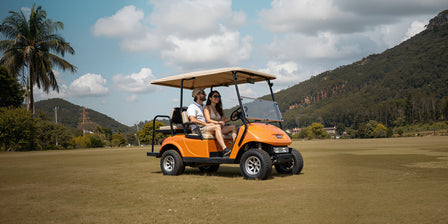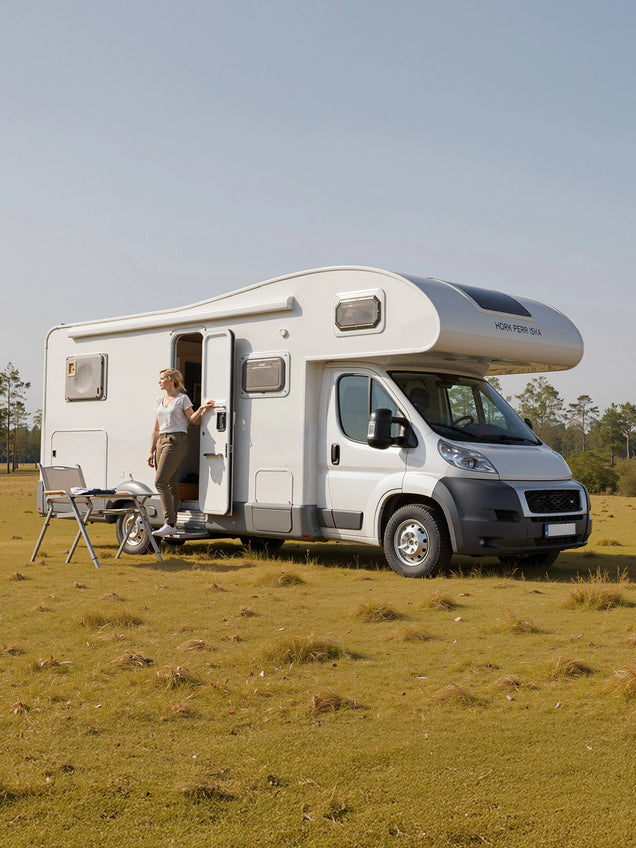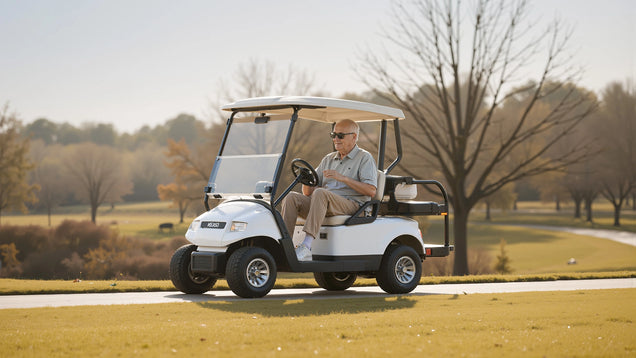How Much Does A Marine Battery Weigh?
When selecting a marine battery, weight is a crucial factor to consider. If you are upgrading your boat's power system or replacing an old battery, knowing the typical weight range can help. This knowledge will guide you in choosing the best option for your needs.
This guide will explain the main factors that affect marine battery weight. It will give you important details to help you make a smart choice. Keep reading to learn more!
Table of Content
- Part 1. Why Battery Weight Matters for Marine Applications
- Part 2. What is the Lightest Marine Battery Option?
- Part 3. What is the Typical Weight Range of Marine Batteries?
- Part 4. How Battery Weight Affects Marine Performance
- Part 5. Comparing Marine Batteries to Car and RV Batteries
- Part 6. How to Calculate the Total Weight of Your Batteries
- Part 7. Conclusion
Part 1. Why Battery Weight Matters for Marine Applications
In marine applications, a battery's weight affects your boat's performance. It impacts speed, fuel efficiency, and handling. A heavier boat requires more power to move, leading to increased drag, slower speeds, and less efficiency.
1.1 Impact on Boat Speed and Drag
Heavier boats displace more water, increasing the wetted surface area and friction. This extra drag slows down the boat and decreases its speed. More weight also means the engine has to work harder, consuming more fuel and reducing overall performance.
1.2 Stability and Safety
While some weight is necessary to maintain stability, excessive weight can raise the boat’s center of gravity. This can make the boat prone to tipping, compromising its balance and safety—especially in rough waters.
1.3 Fuel Efficiency
Fuel efficiency is directly affected by weight. Heavier boats require more energy to move, which leads to higher fuel consumption. A lighter boat is easier to propel, offering better fuel economy.
1.4 Maneuverability
Excess weight makes it harder to maneuver, especially in tight spaces. This can be a major drawback for boats navigating narrow waterways or docking areas.
1.5 Payload Capacity
Every boat has a specific weight limit, including passengers, cargo, and equipment. Exceeding this limit can lead to safety issues, reduced performance, and potential damage. Proper weight distribution is essential for safe operation.
Part 2. What is the Lightest Marine Battery Option?
The lightest marine batteries are lithium-ion models. They are much lighter than traditional lead-acid batteries.
![⚡[Final $189]⚡Power Queen 12V 100Ah Low-Temp Deep Cycle Lithium Battery](//ipowerqueen.com/cdn/shop/files/tm-pd.png?crop=center&format=webp&v=1759823817&width=400)
![⚡[Final $189]⚡Power Queen 12V 100Ah Low-Temp Deep Cycle Lithium Battery](http://ipowerqueen.com/cdn/shop/files/tm-pd.png?crop=center&format=webp&v=1759823817&width=400)
2.1 Comparing Lithium-Ion to Lead-Acid Batteries
Lithium-ion batteries are considerably lighter than traditional lead-acid models. A lead-acid battery can weigh 30-40% more than a lithium-ion battery. However, it can provide the same or even better performance in a smaller, lighter size. This makes lithium-ion batteries ideal for weight-sensitive applications.
In addition, there is a significant difference between lead-acid marine batteries and lithium-electronic marine batteries in terms of their ability to provide electricity, which is mainly reflected in the energy density, discharge performance and actual use efficiency:
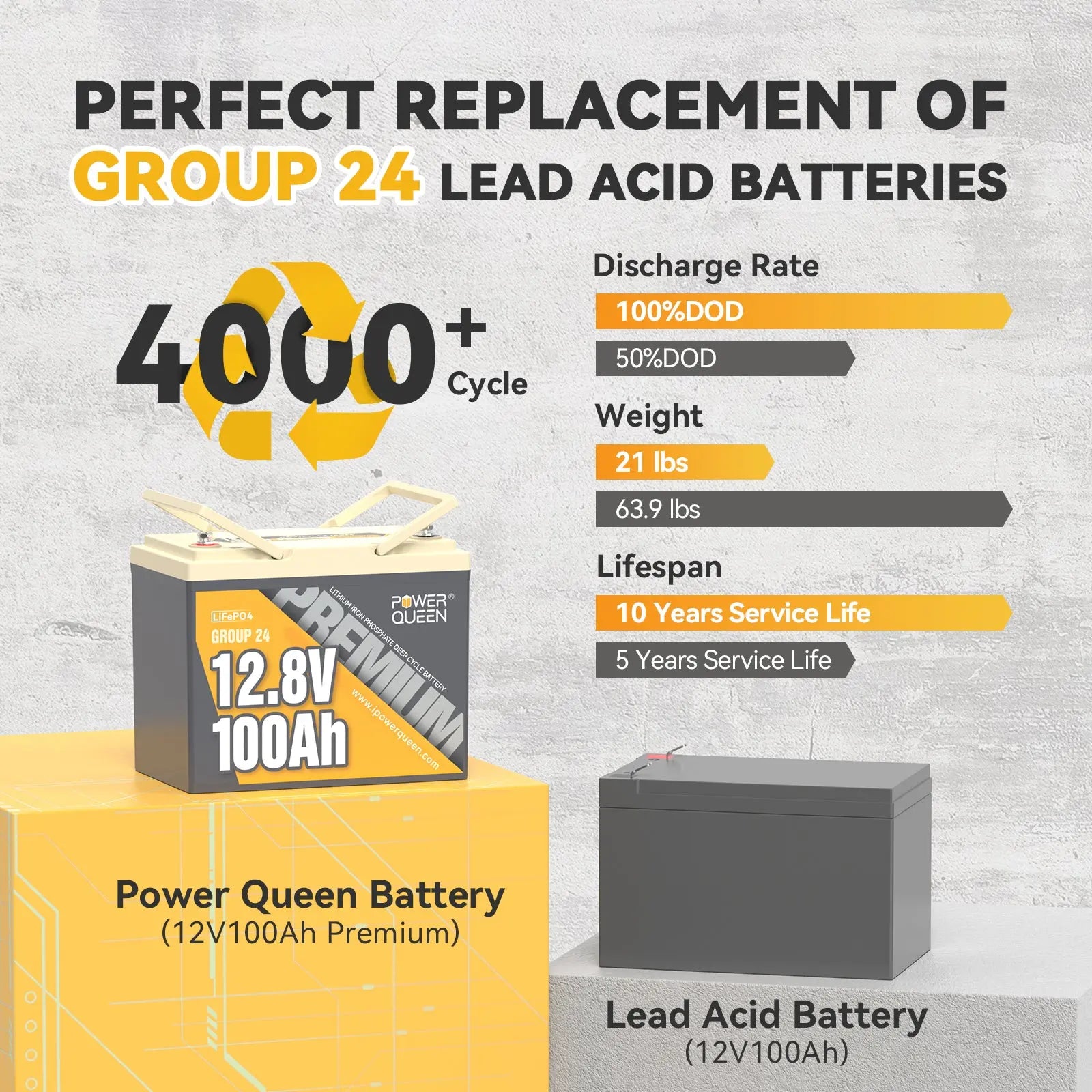
2.1.1 Energy density
The energy density of lithium-electronic batteries is much higher than that of lead-acid batteries. In other words, the same weight or volume of lithium batteries can store more electrical energy.
Lead-acid batteries have a lower energy density and are usually suitable for low-power devices or short-term use.
2.1.2 Depth of discharge
Lithium batteries support a higher depth of discharge (usually 60-100%) and can effectively utilize their stored power.
Lead-acid batteries are usually recommended to be discharged to a depth of no more than 50%, otherwise the service life will be significantly shortened.
2.1.3 Cycle life
Lithium batteries have a much longer cycle life (usually over 4000-15000 cycles).
Lead-acid batteries have a shorter cycle life (about 300-500 cycles).
2.1.4 Continuous power supply capability
Lithium batteries are more stable under high loads, and the voltage is maintained more smoothly.
Lead-acid batteries have a faster voltage drop when discharged with high current.
2.1.5 Practical application
If long time stable power supply or larger power is required (e.g. to propel boat motors, navigational instruments, etc.), Li-ion batteries provide more efficient power and better performance.
If the budget is limited and it is only used for emergency or short time power supply, lead-acid batteries may be a more economical choice.
Related reading: A Comparison to LiFePO4 Batteries and Lead-acid Batteries
2.2 Advantages of Lighter Batteries for Smaller Boats
For smaller boats, every pound counts. Lighter batteries help with better handling, increased speed, and improved fuel efficiency. This reduces the boat’s overall weight, improving performance and maneuverability.
2.3 Why Lithium Batteries Are Ideal for Marine Applications
Lithium batteries have become the go-to choice for many boaters due to their superior weight efficiency. They offer longer life cycles, faster charging, and lighter weight. This makes them the best choice for anyone wanting to improve performance and lower the boat’s weight.
If you’re looking for a high-quality lithium trolling motor battery, consider options like those from Power Queen. Their trolling motor batteries provide numerous advantages:
Includes low temperature power failure protection, flexible series or parallel system configuration, and half the weight of traditional lead-acid batteries. They last 10 years longer than lead-acid batteries, providing long-term value and reducing replacement costs. In addition, their IP65 waterproof and salt spray resistance make them durable in harsh marine conditions, making them an ideal choice for a variety of boat types such as kayaks, bass boats and fishing boats.
Part 3. What is the Typical Weight Range of Marine Batteries?
Marine batteries come in various types, sizes, and capacities, and their weights can vary widely. Understanding the typical weight range will help you make the right choice for your boat.
3.1 Weight Range by Battery Type
Lithium-Ion Batteries: 16-32 lbs
Lead-Acid Batteries:
- AGM (Absorbent Glass Mat): 30-60 lbs
- Gel: 35-75 lbs
- Wet-Cell: 50-120+ lbs
Related Reading: [Full Guide] What Are The Different Types Of Marine Batteries
3.2 Weight Range by Battery Capacity
Battery weight also depends on its capacity:
- A 12V 50Ah lead-acid battery typically weighs 30-40 lbs.
- A 12V 100Ah lead-acid battery weighs 60-80 lbs.
- A 12V 200Ah can weigh 120-160 lbs.
Note: A starting battery is not suitable for use with an electric trolling motor.
|
Thrust Range |
LiFePO4 Battery Capacity |
Recommended Battery |
|
30 to 55 pounds |
50-100 Ah |
|
|
55 to 80 pounds |
100-150 Ah |
|
|
80 to 100 pounds |
150-200 Ah |
|
|
200 to 300 pounds |
200-300 Ah |
Power Queen 12V 410Ah |
Larger capacity batteries offer more power but also weigh more.
3.3 Weight Range by Battery Size
The size of a marine battery, often categorized by "group size," also influences its weight. Common group sizes include Group 24, Group 27, and Group 31. Larger batteries tend to be heavier, so selecting the right size is important for performance and weight management.
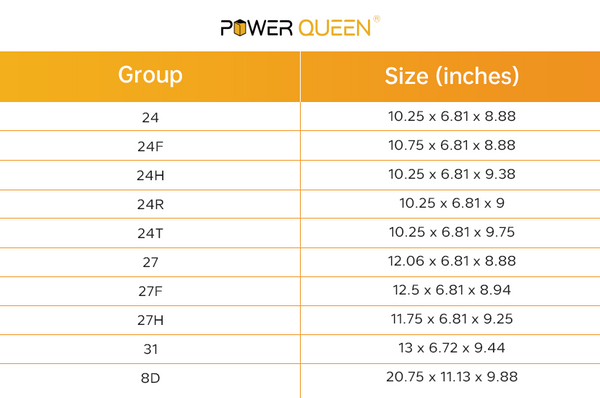
Related Reading: Do You Know What Size Marine Battery Pack You Need?
Part 4. How Battery Weight Affects Marine Performance
The weight of your battery directly impacts the overall performance of your boat. Heavier batteries can reduce speed, maneuverability, and fuel efficiency, particularly on smaller vessels.
4.1 Reduced Speed and Increased Fuel Consumption
A heavier battery forces the boat to displace more water, increasing drag and slowing the boat down. As a result, the engine needs to exert more power, leading to higher fuel consumption.
4.2 Impaired Maneuverability
Extra weight can make the boat harder to maneuver, especially in tight spaces or rough waters. A shift in the boat’s center of gravity due to added weight can also make turning more difficult and compromise safety.
4.3 Stability Concerns
Excess weight can raise a boat’s center of gravity, increasing the risk of tipping or capsizing. This is especially important for smaller boats like kayaks, where weight distribution is crucial for safe operation.
Part 5. Comparing Marine Batteries to Car and RV Batteries
Marine batteries are typically lighter than car and RV batteries, with lithium batteries offering the most significant weight reduction. Lithium marine batteries are 60-70% lighter than traditional lead-acid batteries. This makes them perfect for performance-driven boats.
5.1 Weight Comparison by Type
- Lithium Batteries: Up to 60-70% lighter than lead-acid.
- Lead-Acid Batteries: These batteries are heavier than marine batteries. Car batteries usually weigh between 25 and 50 lbs. RV batteries typically weigh 75 to 80 lbs.
Part 6. How to Calculate the Total Weight of Your Batteries
To calculate the total battery weight for your boat, follow these steps:
- List each battery needed, including capacity.
- Find the weight of each battery model.
- Multiply the weight by the number of batteries of that type.
- Add up all the weights to find the total weight.
Example Calculation:
100Ah deep cycle: 1 x 95 lbs = 95 lbs
75Ah cranking: 1 x 45 lbs = 45 lbs
50Ah accessory: 2 x 35 lbs = 70 lbs
Total weight = 95 lbs + 45 lbs + 70 lbs = 210 lbs.
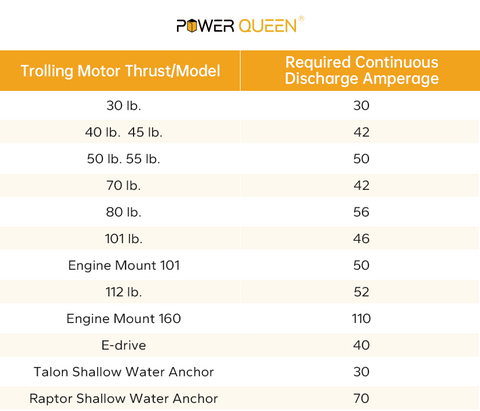
Part 7. Conclusion
Battery weight is critical to vessel performance. Lighter batteries, especially lithium-ion batteries, offer significant advantages in terms of speed, fuel efficiency and maneuverability. Lithium-electronic marine batteries are better suited for those seeking high performance and long hours of use, providing more usable power. Lead-acid marine batteries are suited to budget-constrained, low-demand scenarios, but are inferior to lithium-ion batteries in terms of energy and longevity.
